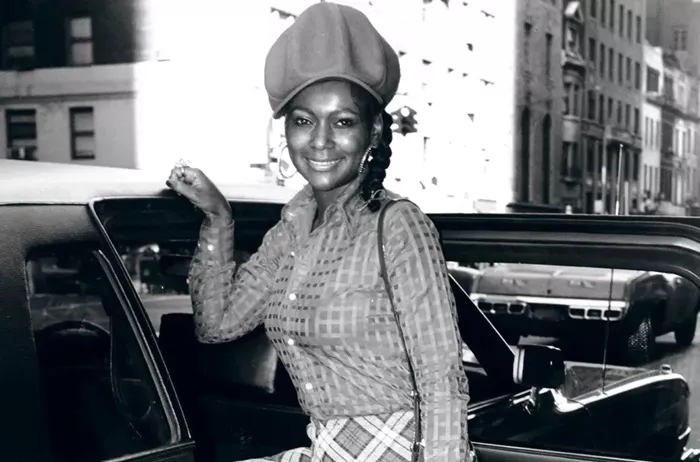Hip hop, a genre that has profoundly influenced music, culture, and society, has a rich history that dates back to the 1970s. While the genre evolved in the streets and clubs of New York City, its commercial breakthrough was facilitated by the establishment of music labels dedicated to promoting hip hop artists. Understanding the origins of the first hip hop music label offers insight into the genre’s transition from underground culture to mainstream phenomenon.
1. The Birth of Hip Hop
Early Beginnings in the Bronx
Hip hop emerged in the South Bronx during the early 1970s. DJs like Kool Herc, Afrika Bambaataa, and Grandmaster Flash were instrumental in developing the genre’s foundational elements: DJing, MCing, breakdancing, and graffiti. These pioneers held block parties where they experimented with new sounds and techniques, such as breakbeats and scratching.
The Cultural Explosion
By the late 1970s, hip hop culture had exploded in popularity across New York City. Despite its growing influence, it remained largely an underground movement with limited commercial opportunities. The mainstream music industry was initially reluctant to embrace hip hop, viewing it as a passing fad or a niche interest.
2. The First Hip Hop Music Label
Sugar Hill Records: Pioneering Hip Hop
The first hip hop music label ever was Sugar Hill Records, founded in 1979 by Sylvia Robinson, her husband Joe Robinson, and Milton Malden. The label was named after the Sugar Hill neighborhood in Harlem, an area associated with the Harlem Renaissance and African American culture.
Sylvia Robinson: The Visionary Behind the Label
Sylvia Robinson, a singer, songwriter, and producer, is often credited with recognizing hip hop’s commercial potential. Prior to founding Sugar Hill Records, Robinson had a successful career in the music industry, most notably with the 1973 hit song “Pillow Talk.” Her experience and intuition were pivotal in the label’s success.
3. Sugar Hill Records’ Impact on Hip Hop
“Rapper’s Delight”: A Historic Milestone
Sugar Hill Records’ first major release was “Rapper’s Delight” by The Sugarhill Gang in 1979. The single is widely considered the first commercially successful hip hop song, reaching the top 40 on the Billboard Hot 100 chart. Its infectious groove, borrowed from Chic’s “Good Times,” and clever rhymes introduced hip hop to a broader audience.
Building a Roster of Influential Artists
Following the success of “Rapper’s Delight,” Sugar Hill Records signed several key artists who would shape the early hip hop landscape. These included Grandmaster Flash and the Furious Five, Funky 4 + 1, and the Treacherous Three. The label’s commitment to promoting diverse and talented acts helped establish hip hop as a legitimate genre.
Innovations in Production and Marketing
Sugar Hill Records was innovative not only in its artist roster but also in its approach to production and marketing. The label’s house band, including musicians like Doug Wimbish and Skip McDonald, created live instrumental tracks that distinguished Sugar Hill releases from other hip hop records, which often relied on sampled beats.
The label also embraced visual storytelling, producing music videos and promoting their artists through television appearances. This multi-faceted approach helped Sugar Hill Records maintain a competitive edge in the burgeoning hip hop industry.
4. Challenges and Decline
Financial Struggles and Legal Issues
Despite its initial success, Sugar Hill Records faced significant challenges in the 1980s. Financial mismanagement, internal conflicts, and legal disputes plagued the label. Artists accused the Robinsons of unfair practices, including withholding royalties and failing to honor contracts.
Changing Musical Landscape
The evolution of hip hop in the mid-1980s also impacted Sugar Hill Records. The rise of new labels, such as Def Jam and Tommy Boy, and the emergence of sub-genres like gangsta rap and conscious rap shifted the industry’s focus. Sugar Hill’s sound and business model began to feel outdated in the rapidly changing musical landscape.
End of an Era
By the late 1980s, Sugar Hill Records had lost its prominence. The label filed for bankruptcy in 1985 and eventually ceased operations. Despite its decline, Sugar Hill’s legacy in hip hop history remains indelible.
5. Legacy of Sugar Hill Records
Influence on Subsequent Labels
Sugar Hill Records set a precedent for future hip hop labels. Its success demonstrated that hip hop could be commercially viable and paved the way for labels like Def Jam, Priority Records, and Bad Boy Records. These labels built on Sugar Hill’s foundation, furthering the genre’s mainstream acceptance and growth.
Cultural Impact
The cultural impact of Sugar Hill Records extends beyond music. The label’s pioneering efforts helped legitimize hip hop as a cultural movement. Songs like “The Message” by Grandmaster Flash and the Furious Five addressed social issues, giving a voice to marginalized communities and influencing generations of artists.
Recognition and Awards
In recognition of their contributions to music, Sylvia Robinson and Sugar Hill Records have received numerous accolades. Robinson was posthumously inducted into the Rock and Roll Hall of Fame in 2022 as a recipient of the Ahmet Ertegun Award, honoring her role in shaping the music industry.
See Also: What Kind of Music is Yacht Rock?
Conclusion
Sugar Hill Records, the first hip hop music label, played a crucial role in transforming hip hop from an underground movement to a global phenomenon. Founded by Sylvia Robinson, the label’s innovative approach to production, marketing, and artist development set the stage for the genre’s future success. Despite its eventual decline, the legacy of Sugar Hill Records endures, reflecting the enduring power and influence of hip hop music.

